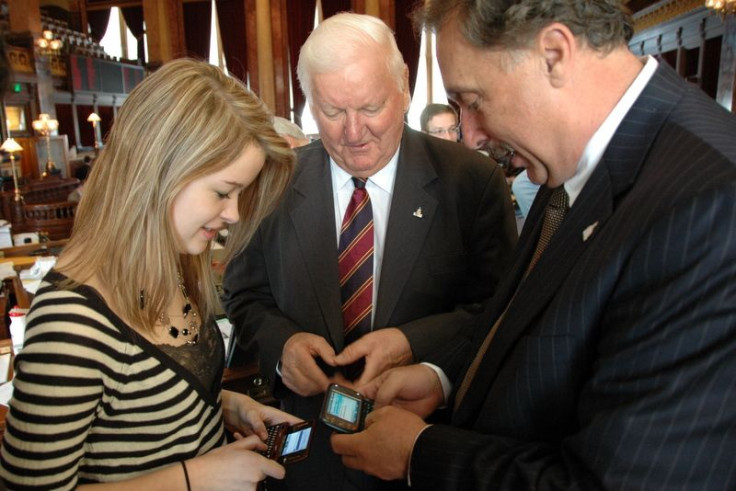Texting Linked To Shallowness, Racist Attitudes

For some, text-message is the chosen vehicle for all manner of interpersonal relationships -- romance, friendship, family and even the physican or therapist.
But a new study shows that young people who text the most tend to be far more shallow and even more racist. Researchers at the University of Winnipeg surveyed more than 2,300 first-year psychology students over three years to test the "shallowing hypothesis," described in Nicholas Carr's best-selling "The Shallows."
Carr says, "ultra-brief social media like texting and Twitter encourage rapid, relatively shallow thought and consequently very frequent daily use of such media should be associated with cognitive and moral shallowness."
Such people tend to place less value on moral, esthetic and spiritual ends and more on wealth and image, according to the theory. Students who sent 100 or more texts per day were 30 percent less likely to believe in the importance of leading an ethical, principled life, compared to those who sent 50 or fewer texts per day. Researchers Paul Trapnell and Lisa Sinclair also tested the hypothesis in a laboratory experiement conjoining the survey, placing subjects into three groups. Members of one group engaged in texting while another talked on cell phones. A third group did neither.
The researchers then surveyed the study population on values, including attitudes toward racial-ethnic minorities. Those in the texting group were found to have much higher levels of bias toward minorities than members of the other two groups.



























